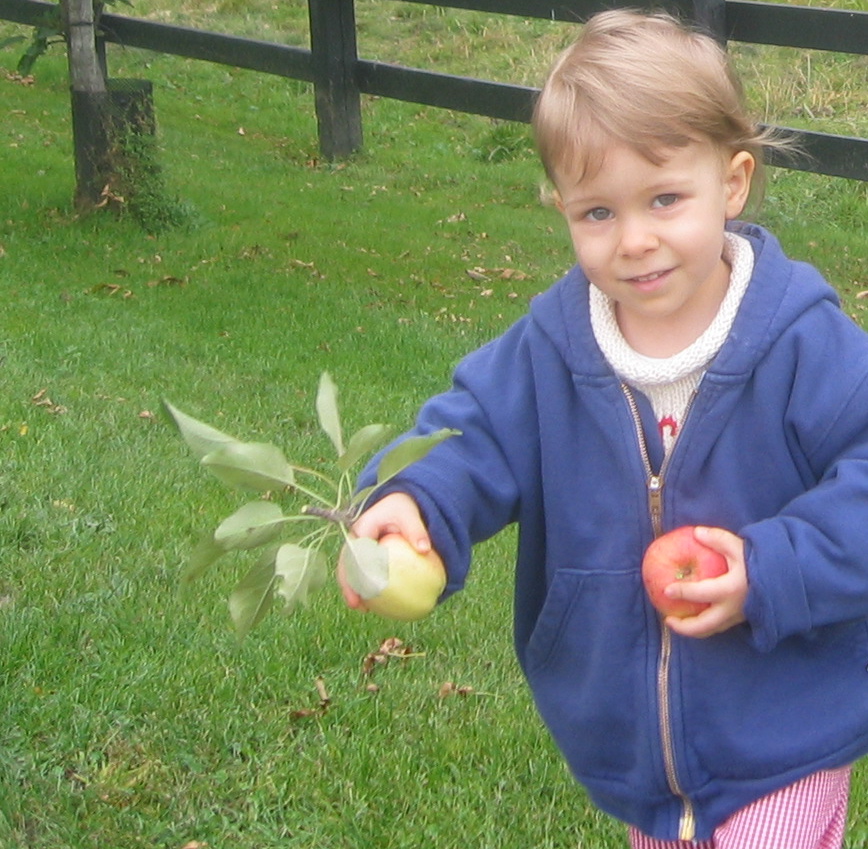If it takes twenty-one days to develop a new habit… then it’s probably time to give those New Year’s plans a little ‘push.’
While I tend to favor adding small changes throughout the entire year, I also enjoy the boost I get from knowing there are lots of other people trying to improve at the same time.
If parental example is our children’s strongest teacher, what does your experience with change (in the form of New Year’s Resolutions) teach your kids? Are you teaching them to take a ‘crash diet and quit’ approach to change? Or, are you providing them an example of consistency and self-discipline that will help them learn to change? Or some sort of ‘tortoise-and-hare-jumpstart-on-the-way-to-new-habits’ combo, perhaps? When implementing change, consistency counts.
Even activities that may not be daily can still follow consistent patterns. Take a look at the patterns and rhythms of life in your family. What routines do you have for things like homework, spiritual practice, independent reading, recreation or family meals? How about for saving money, grocery shopping or vacation planning?
Talking with your kids about the manner in which small, daily choices can add up can help them understand that there is a great deal of the future that is totally under their control.
Showing them is irrefutable.
###
Want help developing healthy new habits with your kids? Be sure to check out our new Parenting Toolkit with lots of ways to build skills with your kids.

